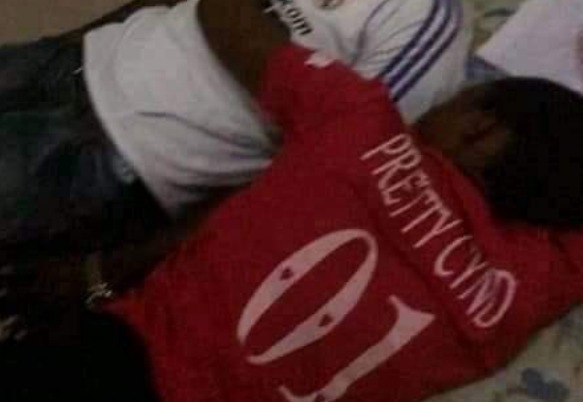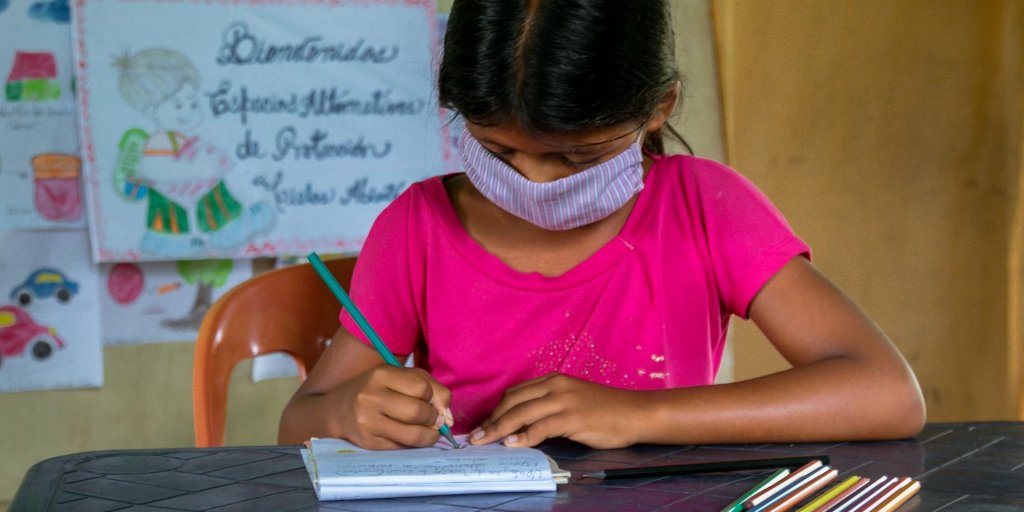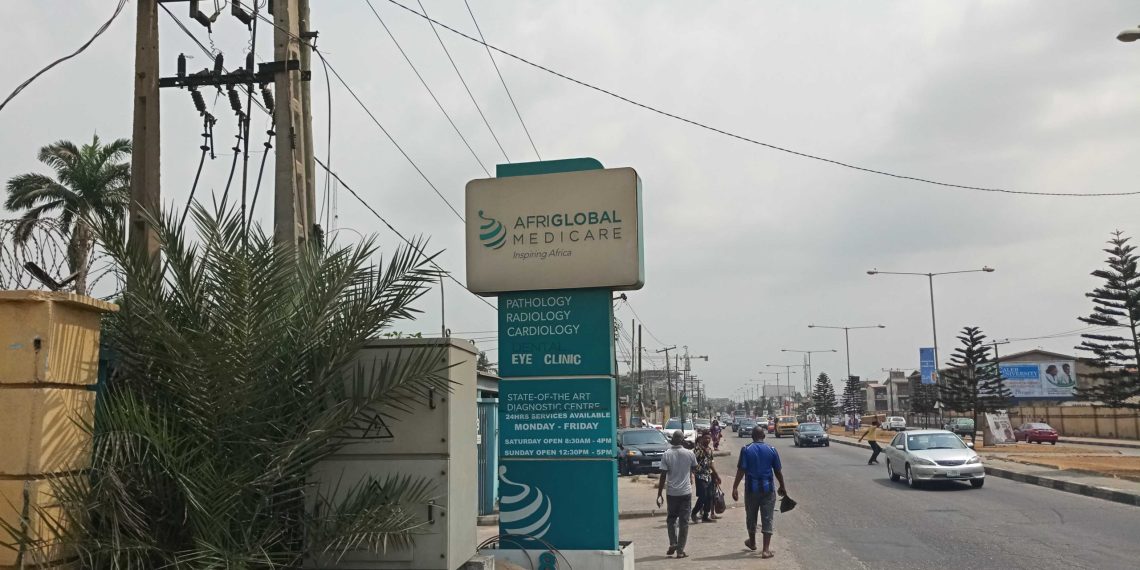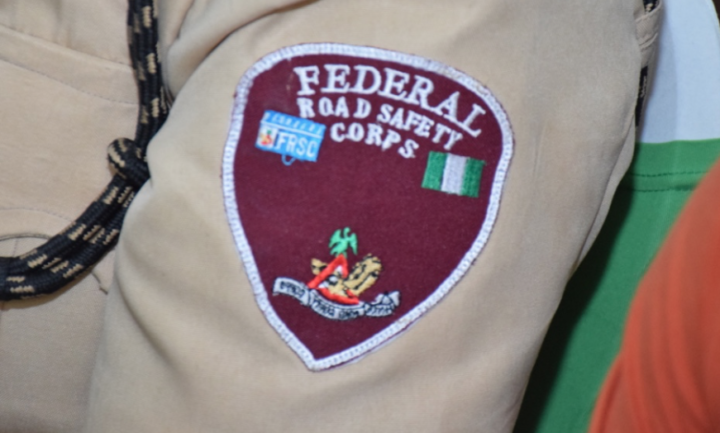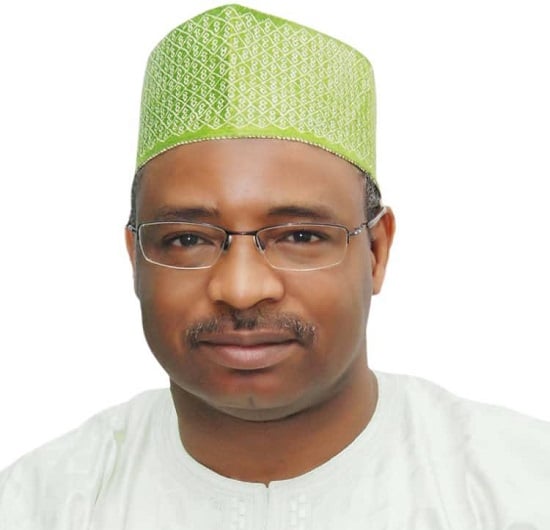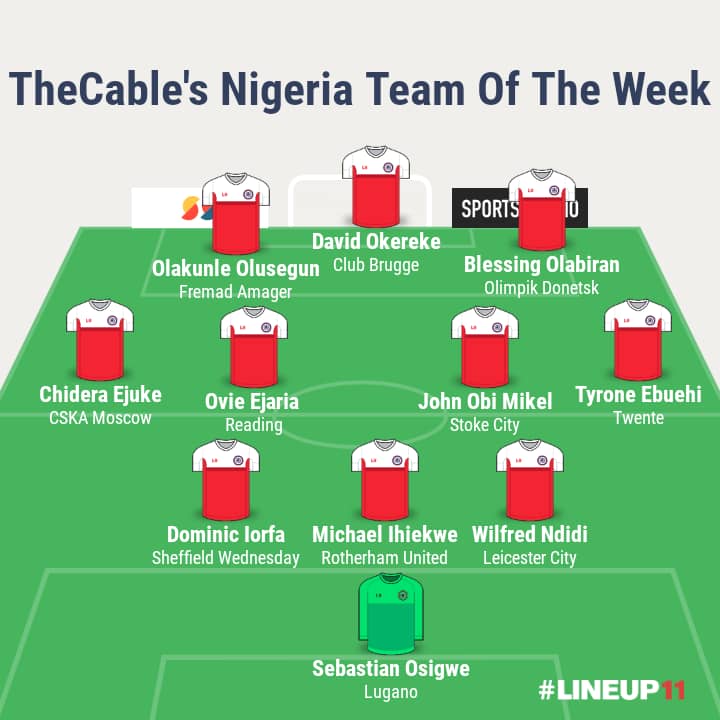The Economic and Financial Crimes Commission (EFCC) and Tope Akinyode, a lawyer, have engaged in a Twitter debate over how the anti-graft agency parades suspects.
The argument began when @mrseunlawal, a Twitter user, urged EFCC to stop bringing suspects to the media.
Responding, EFCC said it only parades suspects after they have been profiled with evidence obtained from investigations.
The commission said it does not pronounce a suspect guilty or otherwise, only the court does.
Advertisement
“However, parading of suspects for their ALLEGED crime is to inform and update the public of the commission’s activities, and it is done within the ambit of law,” EFCC tweeted.
The EFCC does not pronounce a suspect guilty or otherwise. Only the court does.
However, parading of suspects for their ALLEGED crime is to inform and update the public of the Commission's activities, and it is done within the ambit of law. https://t.co/e0c0Jj2IuG
Advertisement— EFCC Nigeria (@officialEFCC) September 13, 2020
“In a fundamental rights suit, Sulyman Abaya Vs. EFCC, Justice Hammed Gegele, of Kwara State High Court, Ilorin, ruled that since the published image has the word, ALLEGED, there is no injury to the suspect’s reputation.”
Weighing in on the matter, Akinyode described EFCC’s comments as misguided and do not represent the position of the law in Nigeria.
Advertisement
“It is illegal for security operatives to parade innocent citizens. A suspect (even if caught at the scene of crime) is innocent unless convicted by the court,” the lawyer tweeted.
Hello EFCC @officialEFCC,
I'm unable to find your case "Sulyman Abaya Vs. EFCC". If there's any case like that, please provide the citation.
However, may I educate you that the law has long been settled that media/public parade of suspects is absolutely ILLEGAL https://t.co/e5VV2cFzOQ
Advertisement— Tope Akinyode (@TopeAkinyode) September 13, 2020
Advertisement
ALERT: This misguided Tweet from EFCC doesn't represent the position of the law in Nigeria.
It is illegal for security operatives to parade innocent citizens. A suspect (even if caught at the scene of crime) is innocent unless convicted by Court.#Thread https://t.co/ndgUEl8CGD
Advertisement— Tope Akinyode (@TopeAkinyode) September 13, 2020
Advertisement
“Media and public parade of suspects have no legitimacy under the Nigerian judicature. The only exception to this is ‘Identification Parade’ which is allowed by law. But there is a clear distinction between media parade and identification parade.
“While media parade is outrightly illegal, identification parade is a matter of legal necessity where the identity of a suspect is in doubt by a prosecution witness.
“So to allay the doubt of a prosecution witness, the real suspect of a crime is placed in a group of people who have striking physical resemblance as the suspect and the police would ask the witness to identify the suspect. This is what identification parade entails.”
Citing the case of Ottoh Obono v. inspector general of police (IGP) in suit no FHC/CA/CS/91/2009, Akinyode said any suspect who is unjustly paraded before the media can successfully challenge it in court because it is a violation of the fundamental right to human dignity.
Akinyode added that if the EFCC fails to desist from media parade of suspects, he would proceed to the court to challenge the “illegality”.
I'm issuing this public notice to @officialEFCC that it should follow the path of wisdom and desist from media/public parade of suspects henceforth. If the @officialEFCC fails to follow this wise counsel, I shall proceed to Court to challenge the ILLEGALITY.
— Tope Akinyode (@TopeAkinyode) September 13, 2020


